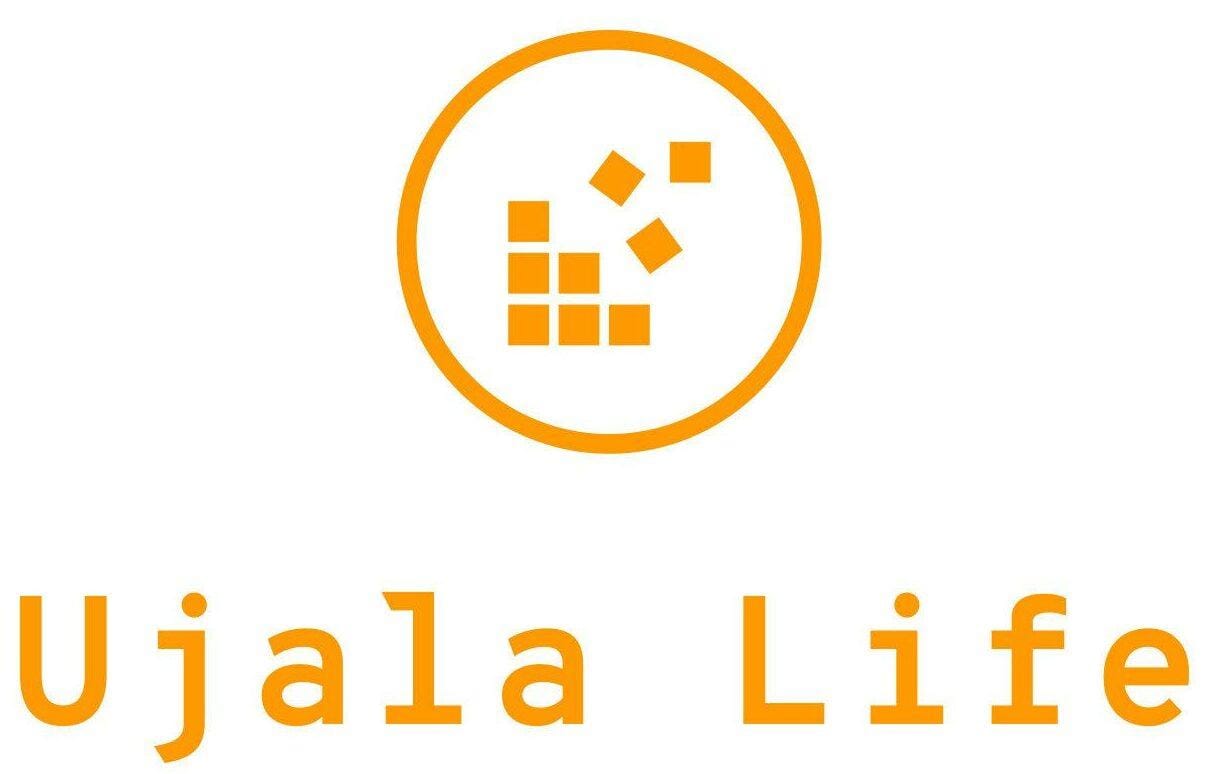How to Avoid BCBA Burnout at Work
Being a Board-Certified Behavior Analyst (BCBA) is a deeply rewarding profession. However, it can also be challenging work for various reasons. BCBAs carry a high level of responsibility as they are in charge of managing parent expectations, their ABA team’s supervision, and their clients’ overall progress. The emotional and physical demands of working with individuals with significant behavior challenges can also take a toll and result in burnout over time.
The increase in autism diagnoses nationwide led to the growing demand for BCBAs since 2010. Unfortunately, recent studies revealed a shortage in BCBAs which is partially attributed to the rigorous training and certification process, as well as limited training programs. The field of Applied Behavior Analysis (ABA), like other helping professions, is also experiencing high turnover as a result of workplace burnout.
Still, we continue to believe that BCBA is a worthy profession to pursue. As a BCBA, your work can have a profound impact on people’s lives. We also believe that with a supportive environment, the stress associated with burnout can be dramatically reduced. In this article, we will explore the many ways to discuss the underlying causes of burnout among Board-Certified Behavior Analysts and how it impacts their work performance. Most importantly, we will also provide suggestions on how to best avoid BCBA burnout and highlight how Ujala Life supports our hardworking BCBAs.
Causes of BCBA Burnout
Burnout is a multifaceted issue, and its causes can stem from individual factors, the inherent nature of a job, and the broader workplace environment. The first step on how to avoid BCBA burnout is to identify the sources of stress and frustrations experienced by board-certified behavior analysts. Here are the most common causes:
- Limited coping strategies or not having tools or strategies to deal with stress or emotional challenges effectively.
- Overwhelming caseloads and associated paperwork.
- Emotional strain from witnessing client challenges and limited progress.
- Long working hours.
- Difficulty disconnecting during personal time.
- Lack of support from peers and the management.
- Limited opportunities for professional advancement within the workplace.
- Feeling undervalued or under-compensated for the work one does.
- A disconnect between personal values and the organization’s values or mission.
Effects of BCBA Burnout
Burnout in BCBAs not only impacts their emotional, physical, and mental well-being but also has repercussions for their clients, the clients’ families, and the entire organization. Specifically, clients might experience reduced quality of care and inconsistency in interactions. Families could lose confidence in the therapy and face increased stress due to strained communication. Organizations may encounter higher staff turnover, decreased productivity, lowered team morale, and potential reputational risks. In essence, BCBA burnout affects the entire therapeutic ecosystem.
Check in with yourself regularly to recognize any signs of burnout such as feelings of exhaustion, emptiness, and loss of motivation.
Now we are informed on the general causes of burnout and its effect on work performance. It is time to start taking preparatory measures on how to avoid BCBA burnout, increase job satisfaction, and reduce turnover of our ABA professionals.
Tips on How to Avoid BCBA Burnout
Burnout can manifest as overwhelming fatigue, a skeptical attitude toward work, and a diminished ability to perform job-related tasks. As burnout continues to be an issue among board-certified behavior analysts, here are some helpful practices to consider to avoid BCBA burnout.
Prioritize Self-care
Employers should actively encourage self-care among their staff. While the decisions to get sufficient sleep, maintain a balanced diet, and engage in regular exercise typically rest with the individual, incorporating wellness breaks during the workday can be an effective in promoting self-care among BCBAs.
Set boundaries
For a BCBA, it’s crucial to establish clear boundaries between professional and personal life. This can be difficult for BCBAs who are passionate about what they do.
After clocking out, consider turning off your work email notifications or designating specific times of the day for checking emails. Learn to say no to a task when you have too much on your plate. As a supervisor, be available to support your junior therapists without overextending yourself. Remember, you can still help without giving too much of yourself away.
Practice self-compassion
The demands of the job can often be overwhelming for many BCBAs. Realizing that families have entrusted you with the care of their loved ones is a heavy responsibility. Sometimes, we have to remind ourselves that treatments might not always produce the desired results, and not all interventions will be successful.
When faced with these challenges, show yourself the same patience and kindness you extend to your clients. Don’t let setbacks deter you. Keep in mind that while you’re a specialist in your field, you don’t have a quick fix for every situation.
Find a supportive workplace
A supportive workplace can protect you against the many pressures and demands that BCBAs face. Having support often means having a boss, supervisor, or co-worker who listens and can advocate for your needs. A supportive environment provides a safe space for discussing the difficult parts of the job. Working with people who can help you with complex cases can also reduce feelings of isolation and helplessness that can often trigger burnout.
Invest in your growth
When the job becomes routine, you come to a point where you feel stagnant which could lead to burnout. You may ask yourself, “What’s next for me?”
Professional development is not just about getting a promotion or a pay raise. It’s about rejuvenation, finding new inspirations, and staying engaged and motivated in one’s career. Continuous growth in the ABA field can help stave off feelings of stagnation and avoid BCBA burnout.
Involve parents more
When parents are actively involved, the responsibility of managing and implementing interventions is shared. This reduces the weight of the entire therapeutic process resting solely on the BCBA’s shoulders. Active parental participation also shows that therapeutic strategies are consistently implemented even outside formal sessions. This consistency can lead to better outcomes, which in turn can reduce the stress and pressure on the ABA team and avoid BCBA burnout in the long run.
To increase parent engagement in the therapeutic process, BCBAs can offer parent training sessions, provide clear guidelines and resources, and regularly recognize and appreciate parental efforts.
Conclusion
ABA Professionals have been instrumental in bringing meaningful changes in the lives of individuals with autism. The shortage of Board-Certified Behavior Analysts, which is partially attributed to burnout, has huge implications for autism treatment. Therefore, ABA therapy centers should implement strategies that will help avoid BCBA burnout so they can keep doing their duties to the best of their ability and well-being.
In some areas of the U.S., children are not getting the support they need due to reduced access to care. Many families are stuck on extended waitlists or travel long distances in order to get ABA therapy for their child.
For these reasons, one of our biggest goals is to find individuals who have the potential to be a great BCBA.
Be a BCBA at Ujala Life
Ujala Life has a team of highly qualified and experienced BCBAs. We take a great deal of importance in making sure that our professionals are well taken care of the way they take good care of all our clients. To be a BCBA, we understand that the role requires a special breed of a person and we offer the support and mentorship to foster that potential. We are committed to creating an organization that takes pride not only in the work we do but also in how we value our people.
Interested in becoming a board-certified behavior analyst? We would love to have you on our team!
Ujala Life is hiring BCBAs near Union (Newark, NYC).
Contact us today for more information.







